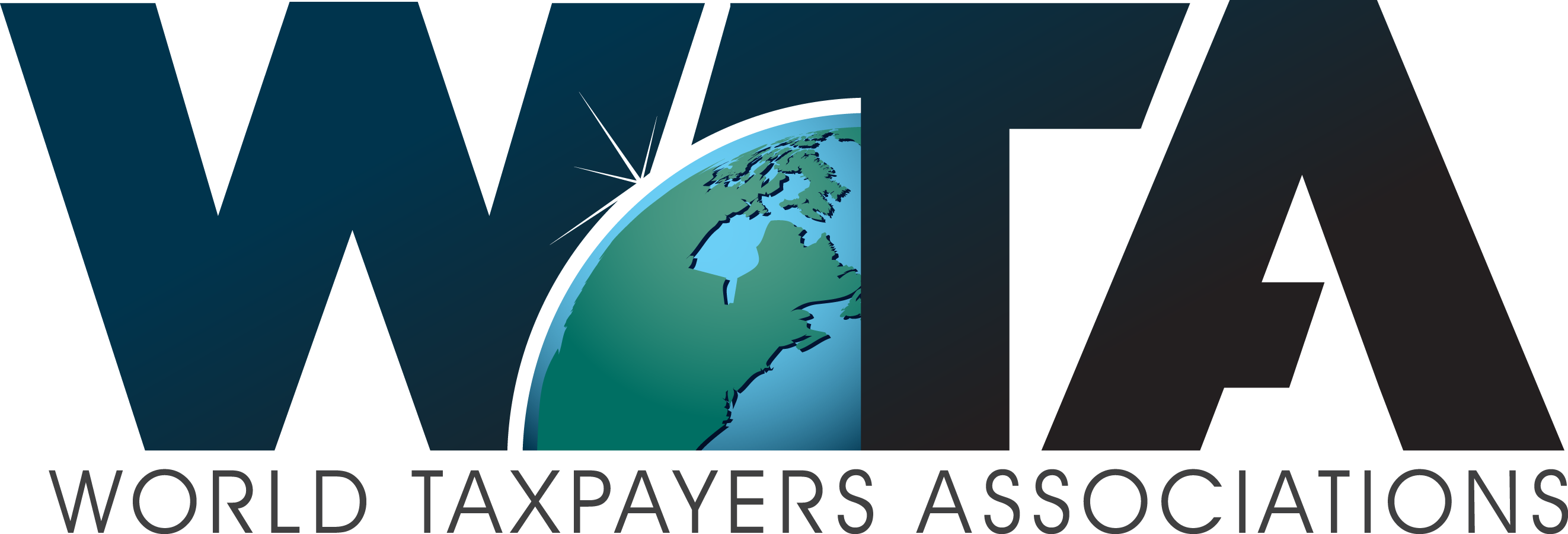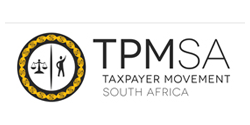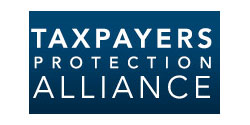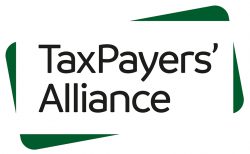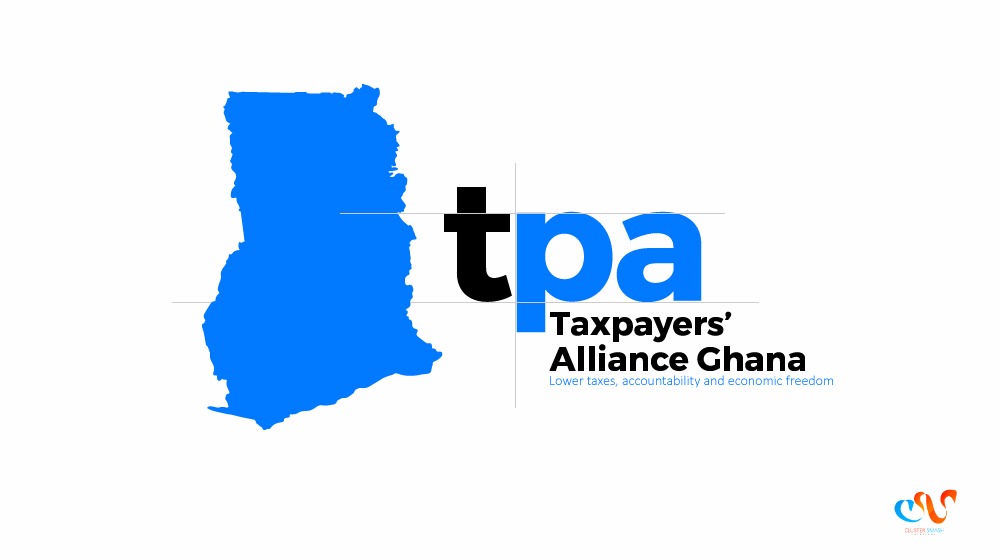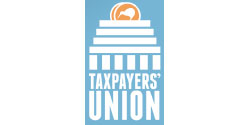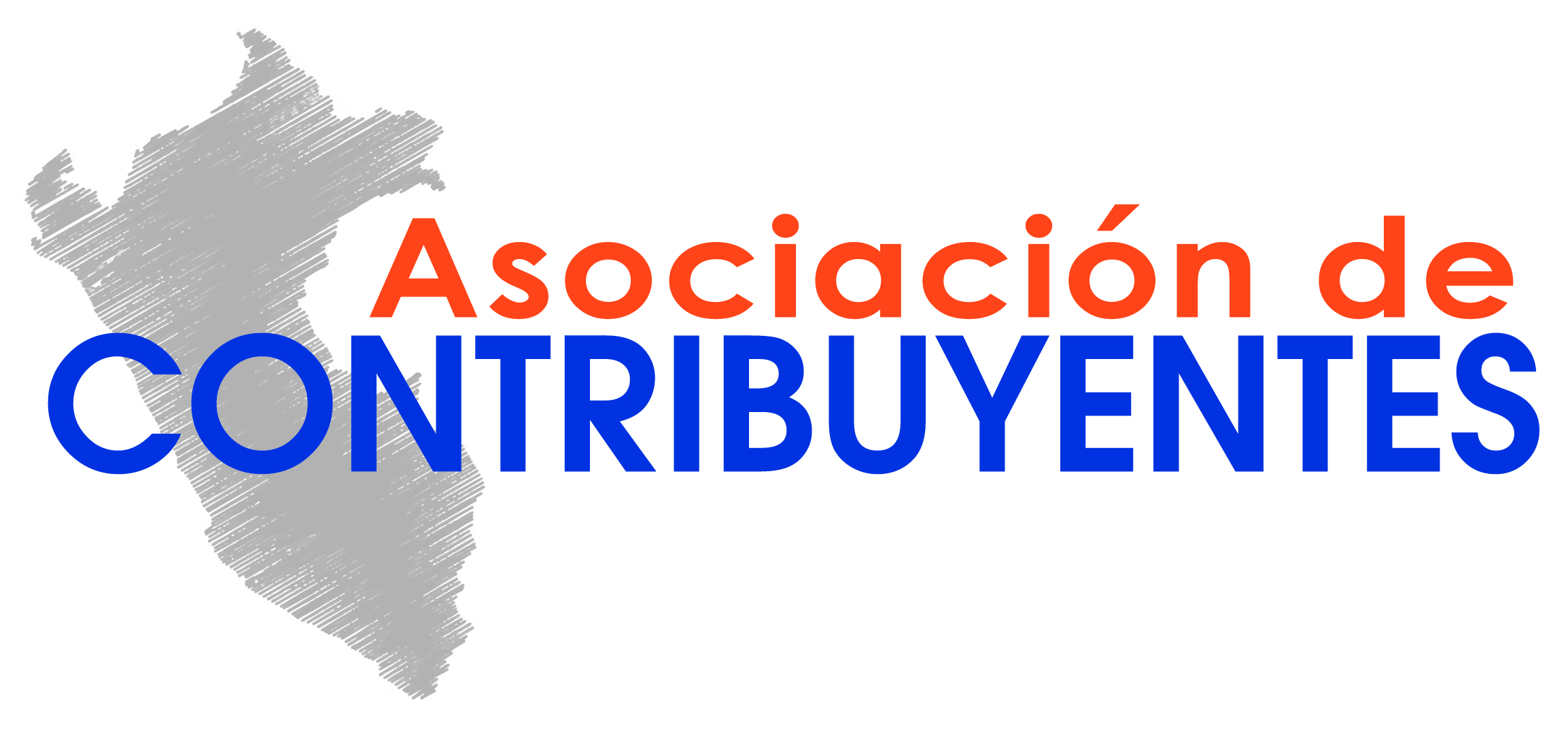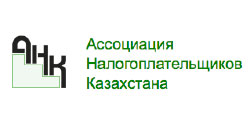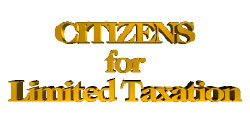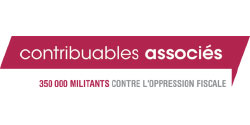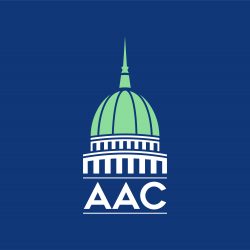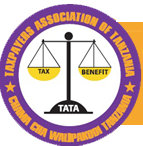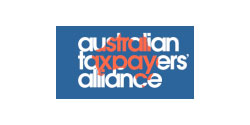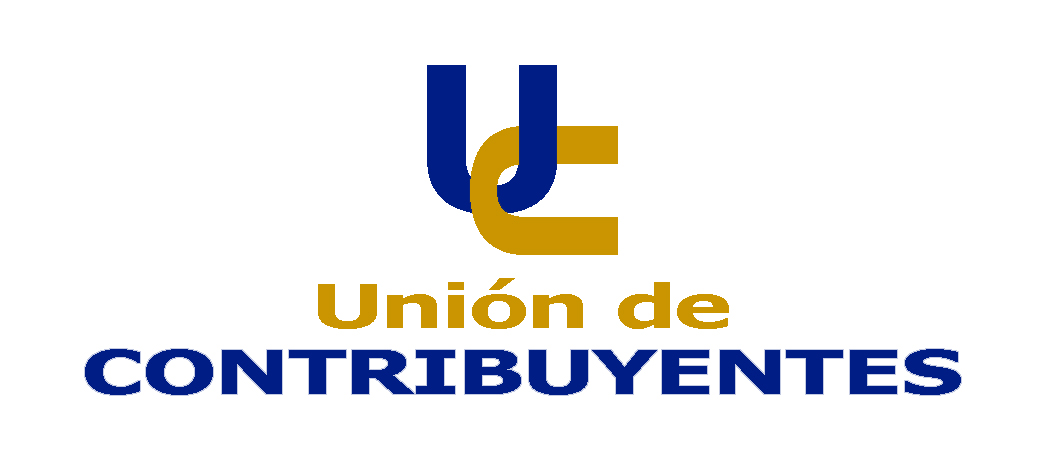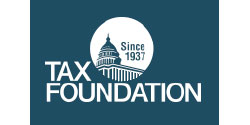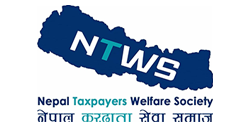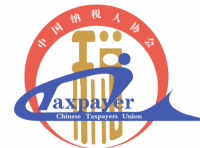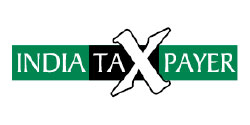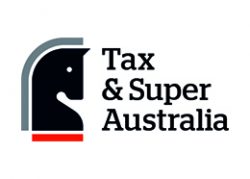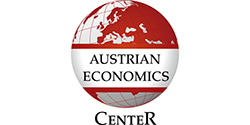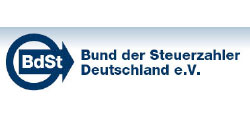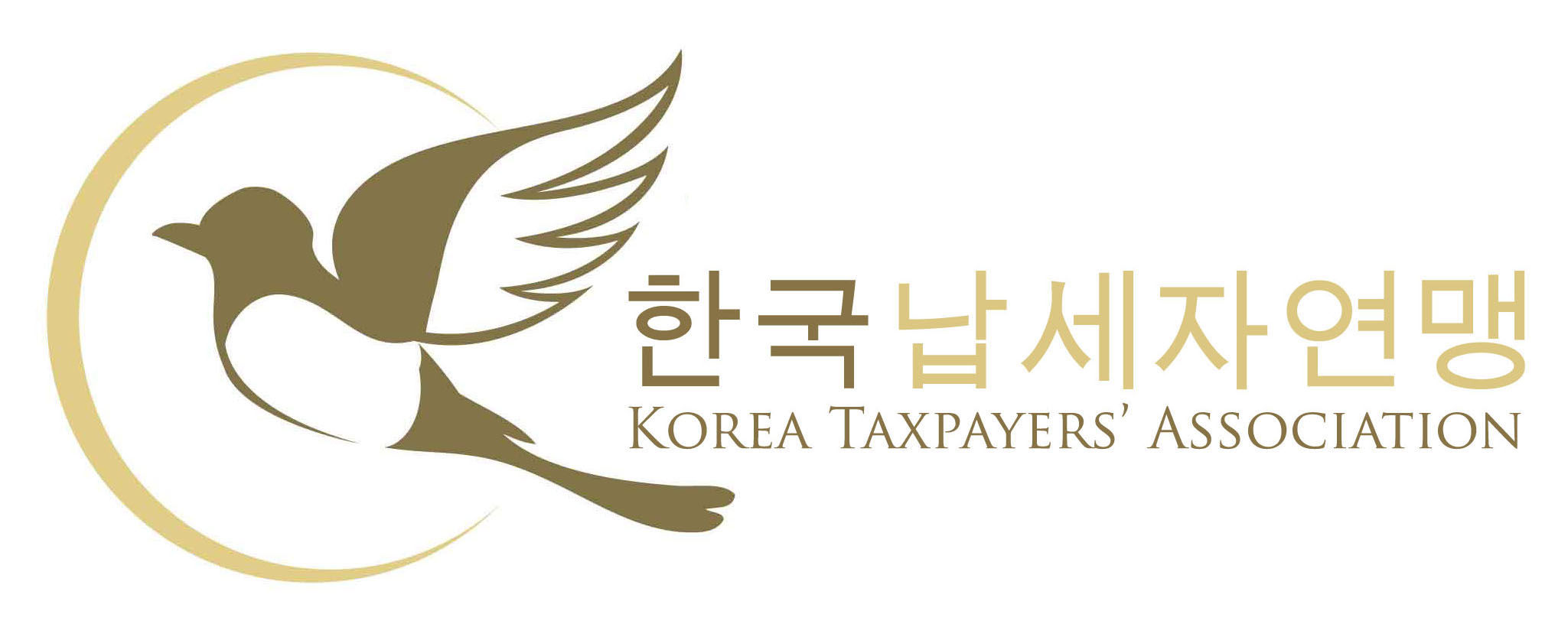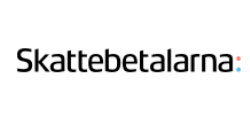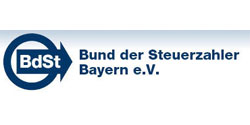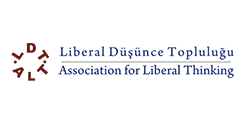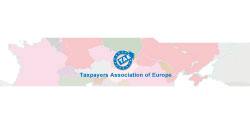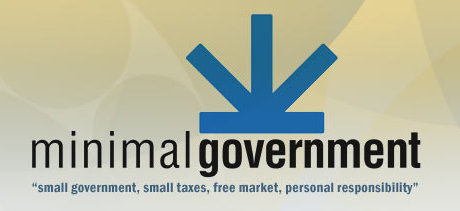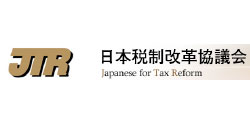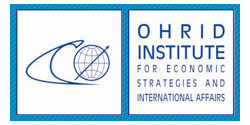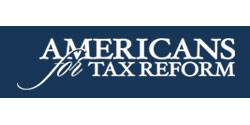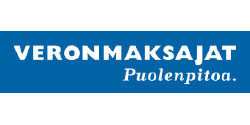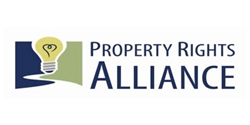WTA Chairman’s Update #8: January – March 2021
Dear WTA members, observers and friends:
Much like everyone, here at the WTA we’ve pivoted from in-person gatherings to meeting online for the time being. In 2021 we’ve held two successful online regional events: one for Europe and Africa, and the other for Asia and Australasia.
If you missed out, we are working with Atlas Network in organizing regional events during their Regional Liberty Forums in June 2021. We’d love to see you for these events so do keep an eye out for updates.
As always, please visit our website and our Facebook group. Our community is only as strong and as beneficial as we choose to make it. Please work with our Secretary General Cristina Berechet to feed good content into this newsletter and our network at large.
I would especially encourage you to share tips on continuing your campaign during this crisis – better use of webinars, new fundraising ideas etc. I have joined lots of interesting online events and my organisation in London is making use of tech to appear on the media, too.
What else has your organisation done during this period? I’d love to know, and other members in the network will benefit from hearing from you.
John O’Connell
Chairman and President, World Taxpayers Associations
Chief Executive, TaxPayers’ Alliance
E-mail | john.oconnell@worldtaxpayers.org
Next WTA events:
The next WTA World Conference will be hosted by Contribuables Associes, the French taxpayer association. It is likely to be held in May or June 2022 but the date will be confirmed soon.
Past Events:
Taxpayers Regional Forum for Europe and Africa on January 12th, 2021
The first WTA-sponsored Virtual Taxpayers Regional Forum of 2021 took place via Zoom on January 12th at 4 PM CET.
16 delegates from 13 countries joined the first Regional Taxpayers Forum of 2021.

Taxpayers Regional Forum for Asia and Australasia on February 23rd, 2021
The second WTA-sponsored Virtual Taxpayers Regional Forum of 2021 took place via Zoom on February 23rd at 8 AM CST.
19 delegates from 11 countries joined the second Regional Taxpayers Forum of 2021.

Attendees shared ideas on fundraising, social media and tax and policy reform. Thank-you to everyone who participated.
Member News:
ARGENTINE: The Argentine Taxpayers Association on the List of the Best New Think Tank
The Argentine Taxpayers Association has been named as one of the “Best New Think Tank” by the University of Pennsylvania in its 2020 Global Go To Think Tank Index Report.

FRANCE: Alexandre Pesey Named President of Contribuables Associes
After serving on the board of Contribuables Associes (the French Taxpayers Association) for more than 12 years, Alexandre Pesey has taken on the role of President on January 2021.
Alexandre Pesey graduated from Paris-Assas Law School and EM Lyon Business School in France and taught Law at the University of Assas (Paris II) and economics in a private boarding school. A political/civil society entrepreneur, Alexandre is the Founder of several institutions including:
- The Tocqueville Fellowship, a yearly trip for French students to D.C. to learn about the American Conservative Movement;
- The Institut de Formation Politique (IFP) which trains hundreds students every year from throughout France how to effectively promote individual freedom and personal responsibility in the public sphere;
- Le Coquetier, an incubator to coach and train civic entrepreneurs;
- L’Institut Libre de Journalisme (ILDJ) which identifies, trains and places young journalists attached to the research for truth in the media.
The WTA welcomes Alexandre to the network!

NEW ZEALAND: Ashley Church Named Chairman of New Zealand’s Taxpayers Union
Another warm welcome to Ashley Church, the new Chairman of New Zealand’s Taxpayers Union. Ashley is the former CEO of the Property Institute of New Zealand, the Newmarket Business Association, and a current director of the Israel Institute of NZ. He was a Napier City Councilor for three terms in the 1990s, and is a well-known columnist and media commentator on property and politics.
Ashley says: “I’ve been an observer and supporter of the work of the Taxpayers’ Union for a number of years and had no hesitation in accepting an invitation to join the Board of the Union in 2020. The Union’s mission of lower taxes, less waste, and more transparency closely aligns with my own values and I’m now looking forward to taking a more direct role in its work. Given the challenges of COVID I don’t think there has ever been a time when holding the public sector to account and championing the interests of taxpayers has been more relevant or important.”

SWEDEN: The Swedish Taxpayers Association Turns 100 Years Old
The Swedish Taxpayers Association was founded on March 30, 1921, at a meeting in Stockholm at the initiative of Marcus Wallenberg a bank chairman. It was a turbulent time, just a few years after the end of World War I. The association’s goal was to stop unnecessary tax hikes and stop wasteful spending. During this time the association campaigns were successful in scrapping Inheritance and gift tax, property, wealth and defense tax. Also the Swedish Taxpayers Associations was one of the founding groups of World Taxpayers Associations in 1988.
Although there is still a lot to do, a lot has been achieved over the years. Take a look back at the association’s history here.

UNITED KINGDOM: Town Hall Rich List
The TaxPayers’ Alliance (TPA) released the fourteenth Town Hall Rich List, the only comprehensive list of its kind, with council-by-council breakdown. For the past 14 years the TaxPayers’ Alliance has assembled the most comprehensive list of council employees in the UK in receipt of over £100,000 in total remuneration.
For the average (band D) property, taxpayers in England will have to pay a council tax rise of 4.4 per cent or an extra £81 per year in 2021-22. Wales will see an average increase of 3.8 per cent. Scottish councils have frozen 2021-22 council tax rates at 2020-21 levels. This is in exchange for receiving a cash grant from the Scottish government equivalent to a three per cent council tax increase.
Against this background, the number of local authority employees receiving over £100,000 in total remuneration has risen to the highest level since 2013-14. At least 2,802 people employed by local authorities in 2019-20 received more than £100,000 in total remuneration, an increase of 135 on the year before.
The research is a vital tool for taxpayers wanting to judge which authorities are delivering the best value for money.
Click here for the full report.

UNITED STATES: TPA Celebrates its 10th Anniversary
A very happy 10th birthday to the Taxpayers Protection Alliance founded by David Williams. During this period TPA has promoted more than 30 coalition letters, 40 testimonies and 30 reports. In February 2018, TPA launched IGO Watch, a coalition of individuals and non-profit groups demanding more accountability and transparency from global bureaucracies. IGO Watch has 24 partners in 15 countries.

UNITED STATES: NTU Concerned About Biden Tax Plan
The National Taxpayers Union released “13 Reasons Why Biden’s American Jobs Plan Is a Bad Deal for Taxpayers”. NTU warns taxpayers to be significantly concerned about this proposal as currently written. The tax hikes outlined by President Biden will be framed as “profitable” and “multinational” corporations “pay[ing] their fair share in taxes,” but ignores both the portion of corporate taxes borne by workers and consumers and America’s global position in competing for the jobs, high wages, and economic growth that multinational companies offer. The new spending, meanwhile, often comes with few data-driven justifications for the amounts proposed and would build on $6.6 trillion of federal government spending in fiscal year (FY) 2020 and trillions more already spent in FY 2021.
Read the full article here.

UNITED STATES: Tax Foundation Finds that Biden’s Tax Plan Raises Taxes on Production
According to the Tax Foundation the American Jobs Plan (Biden infrastructure plan) would raise taxes on corporations in several ways:
- Increase the federal corporate tax rate from 21 percent to 28 percent and tighten inversion regulations.
- Raise the tax on Global Intangible Low Tax Income (GILTI) to 21 percent, calculate it on a country-by-country basis, and eliminate the exemption of a 10 percent return on tangible investment abroad (QBAI).
- Impose a 15 percent minimum tax on corporate book income, which would be levied on a firm’s financial profits instead of taxable income for firms with revenue over $100 million.
- Repeal the Foreign-Derived Intangible Income (FDII) deduction, which incentivizes firms to move intellectual property (IP) into the U.S.
- Provide a tax credit for certain onshoring activity and deny expense deductions on jobs that were offshored.
The tax proposals rely on mistaken assumptions about how corporate taxes work, how corporations respond, and how workers are affected. An increase in the federal corporate tax rate to 28 percent would raise the U.S. federal-state combined tax rate to 32.34 percent, higher than every country in the OECD, the G7, and all US major trade partners and competitors including China. Also, the increase would reduce long-run economic output by 0.8 percent, eliminate 159,000 jobs, and reduce wages by 0.7 percent.
Read the full article here.


WORLDWIDE: PRA Needs your Help
Property Rights Alliance (PRA) would like to invite you to celebrate World Intellectual Property Rights Day on April 26th. This year’s theme is IP & SMEs: Taking your ideas to market.
PRA is collecting signatures for a global coalition letter addressed to WIPO Director General Daren Tang highlighting the benefits of protecting intellectual property.
Please find the updated 2021 World IP Day Letter here. You can sign the letter here before April 15th.

WORLDWIDE: Free Market Road Show 2021
The Free Market Road Show 2021, Ways Out of the Gridlock, will focus on the sensitivity of individual and entrepreneurial freedom and civil rights and how these are the foundations of recovery.
Still in an online mode, the FMRS “tours” all over Europe, pays visits to Iceland, Israel, the Americas, and the Caucasus, and features prominent keynote speakers from all over the world. About 100 leading think-tanks and universities are involved, leading business people, outstanding scholars, policy experts, and journalists discuss openly the many aspects of the crisis.
The tour starts on April 12 in Vienna.
https://freemarket-rs.com/tour/

Publications:
EUROPE: EPICENTER and Instituto Bruno Leoni Have Launched the Index of Liberalization 2020
The Index of Liberalisation unveils which countries rank best in economic liberalisation and provides insight on countries with the infrastructure to rebound quicker following this public health crisis.
The Index identifies both competition barriers and the best economic practices across nine sectors of the economy in the 27 member states of the European Union and the UK. The report finds that the highest scores in the Index are associated with lower entry costs, greater dynamism, and a larger plurality of operators, offers, and products. This implies that liberalisation is strongly associated with a country’s economic growth and level of innovation.
Whilst most European countries are not too enthusiastic about market liberalisation, there has been a gradual opening of member states’ markets. This is partly due to the Commission’s achievements as well as learning from the success of liberalised economies. Unfortunately, the effect of Brexit, the impact of Covid-19, and the growing support towards industrial policy may slow this positive trend.
Read the full report here.

UNITED STATES: Tax Foundation Launches Consumption Tax Policies in OECD Countries
The Tax Foundation released a new report on the Consumption Tax Policies in OECD Countries
Consumption taxes are a powerful tool for raising revenue and governments should steward that tool to avoid undermining its potential or creating unnecessary compliance costs and distorting behavior.
The report reviews a significant revenue source for developed countries, consumption taxes (value-added taxes, sales taxes, excise taxes), and explores areas for reform.
Key Findings:
- Consumption taxes are a significant source of revenue for governments across the world, making up 32.3 percent of tax revenues in OECD countries in 2019.
- Despite the potential of consumption taxes as a neutral and efficient source of tax revenues, many governments have implemented policies that are unduly complex and have poorly designed tax bases that exclude many goods or services from taxation, or tax them at reduced rates.
- Value-added taxes and sales taxes are ripe for reform to avoid distorting consumption patterns and raise revenue in a stable manner.
- Excise tax revenues tend to be volatile and should be specifically designed to target the societal costs associated with certain products and the revenue used to mitigate negative impacts of taxed activities like smoking and pollution.
- Policymakers should ensure that consumption taxes only apply to final purchases of goods and services and that business inputs are untaxed.
Read the report here.

Awards
Application Deadline: April 15, 2021
THE 2021 TEMPLETON FREEDOM AWARD
Application Deadline: April 15, 2021
Upcoming Atlas Network Events:
Africa Liberty Forum 2021
June 21 (10:00 a.m. – 4:15 p.m. UTC +2) & June 22 (10:00 a.m. – 1:15 p.m. UTC +2), 2021
Europe Liberty Forum 2021
June 22 (12:00 p.m. – 6:15 p.m. UTC +2) & June 23 (3:00 p.m. – 6:15 p.m. UTC +2), 2021
Latin America Liberty Forum 2021
June 23 (1:00 p.m. – 7:15 p.m. UTC -4) & June 24 (1:00 p.m. – 4:15 p.m. UTC -4), 2021
Asia Liberty Forum 2021
June 24 (12:00 p.m. – 6:15 p.m. UTC +5:45) & June 25 (2:00 p.m. – 3:15 p.m. UTC +5:45), 2021
Atlas Liberty Forum and Freedom Dinner 2021
December 13 – 14, 2021
Miami Beach, Florida
